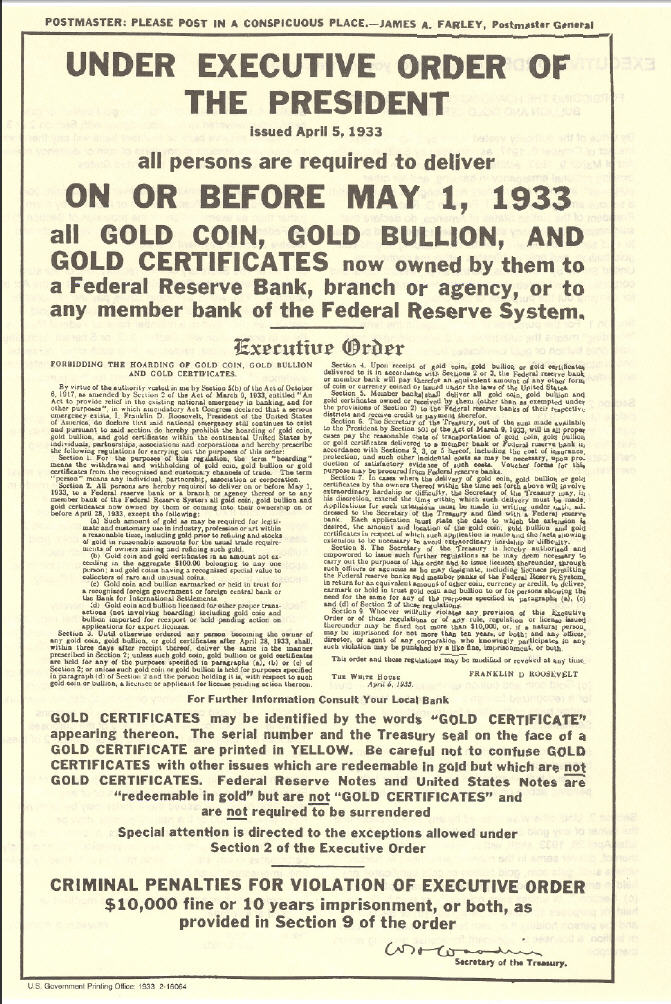It is true that I have been researching FDR. It is also true that I have been researching FDR in conjunction with the word "gold'. But a gold coin commemorating the life of FDR is the last thing I would want to buy. On April 5, 1933 by Executive Order 6102, Franklin Delano Roosevelt confiscated everyone's gold and made the possession of gold coins a criminal offense.
When you make possession of gold coins a criminal offense, then only criminals can possess gold coins. Enter Bonnie and Clyde. Although their crime spree predated the Executive Order by FDR and involved robbing small stores and gas stations, they are best remembered as bank robbers. That is because, whatever their own motives may have been, people were looking for heroes to save them from the tyrant in the White House.
 |
| Wanted poster from FBI site |
In my upcoming novel, Our Lady of Kaifeng: Courtyard of the Happy Way, the protagonist, Marah Fallowfield, hero worships Bonnie and Clyde.
When Marah is interned in China in 1943 in a Japanese-run camp for enemy aliens, and she complains about not being allowed to buy food on the free market on pain of being shot, the Camp Commandant gently explains to her that President Roosevelt has instituted food rationing in America, too. She may have been stripped of her civil liberties by the Japanese incarceration, but were she to be repatriated in the United States, she might not have any more rights restored to her. That is because, during World War II, there was not a country on either side the conflict that was not in effect socialist and under totalitarian rule.
Look for Our Lady of Kaifeng: Courtyard of the Happy Way on Amazon by January of 2016.



It will be interesting to hear what happens to Marah next.
ReplyDeleteThanks, Julia. I hope you like it. It s not the usual concentration camp story.
DeleteBy the way, I bought a very inexpensive copy of "Farewell to Manzanar" on Amazon. It was listed for $0..01, but it ended up costing four dollars with shipping. I just got it ,and it looks very interesting. It even contains a timeline and information about how Japanese immigrants were barred from seeking American citizenship even if they were legal residents, long before the war. Thanks for recommending the book.
I actually enjoyed reading it. The part that made me feel really bad was when the Japanese Americans had to get rid of their things before having to evacuate to the internment camps. Quite heart breaking. They were resilient people, but it felt so wrong.
DeleteYes, it was very wrong. It sometimes feels as if the past is full of wrong things that have been swept under the rug, no matter how far back or how recent. In the introduction, she said this was considered a "dead issue" when she wrote the book. But I don't think any injustice can ever be a dead issue.
Delete